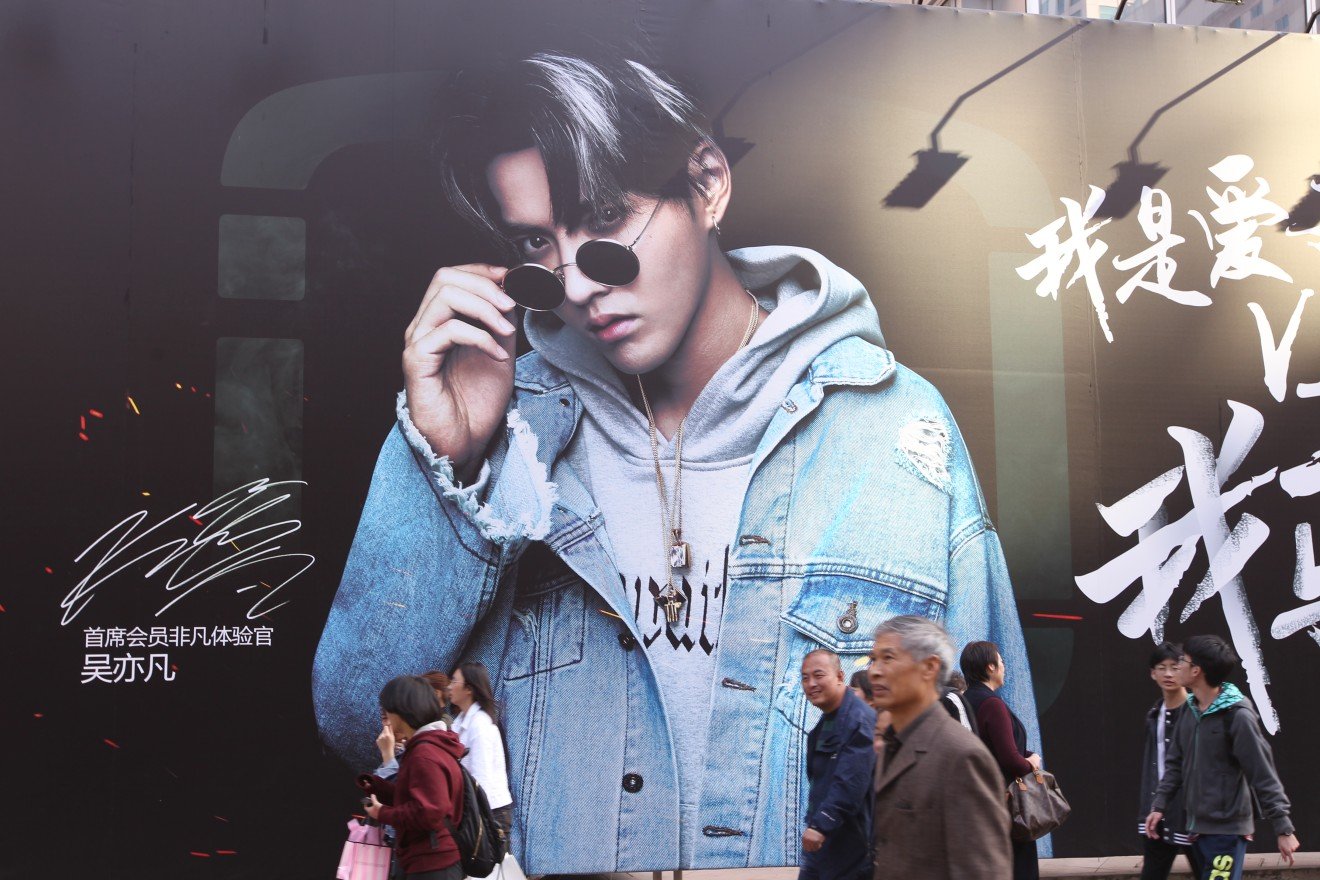
Fake it till you make it: Fake followers boost Chinese celebs
China has started arresting people for creating fake social media engagement
In China, the consequences could be a little more severe. Inflating your follower count might just land you in prison.

How Weibo became China’s most popular blogging platform
Even though Cai Xukun is in the spotlight now, he’s certainly not the only celeb on Chinese social media with an eye-popping number of likes, shares and followers.
“On Weibo, fake fans are a very big problem,“ said Ashley Dudarenok, founder of Chinese social media marketing agency Chozan. Pop idols in China, many of whom gained fame through various singing competition shows, are known to compete with each other to get more fans, she added.
Even before Xinyuan existed, Chinese social media was already grappling with fake fans and followers -- just like the rest of the world. But in China, things are on a whole other scale.
Cai Xukun, for instance, has 25.5 million followers on Weibo. Thanks to his online popularity, the star scored deals with the likes of Chanel, L’Oreal, Innisfree and Vivo.

(Abacus is a unit of the South China Morning Post, which is owned by Alibaba, the owner of Taobao.)
It’s not just celebrities that are using fake followers, either. Even government-linked social media sites were warned to stop engaging in the practice.
Not all bots are created equal. Some are simple bots that are easy to spot. More expensive and harder-to-detect fakes might come from click farm factories with thousands of connected phones.
“It's very difficult to distinguish them from real users. They are using phones and apps like real users,” said Dudarenok.
Weibo and other social platforms have been trying to fix the problem.
In February, Weibo promised to support the government in cracking down on fake engagement for celebrities. It has also been changing algorithms to weed out the fakes. The platform now limits the number of shares and likes shown on posts to 1 million.
However, the problem might not be so easy to fix. Weibo is different from Twitter because it hosts a lot of bloggers and promoted content, Dudarenok explained.
Weibo owes a lot of its popularity to the type of content put up by creators, many of whom are getting paid by specific brands. To attract those brands, influencers are incentivized to keep their follower counts high.
For more insights into China tech, sign up for our tech newsletters, subscribe to our Inside China Tech podcast, and download the comprehensive 2019 China Internet Report. Also roam China Tech City, an award-winning interactive digital map at our sister site Abacus.

